Published
- 01:00 am
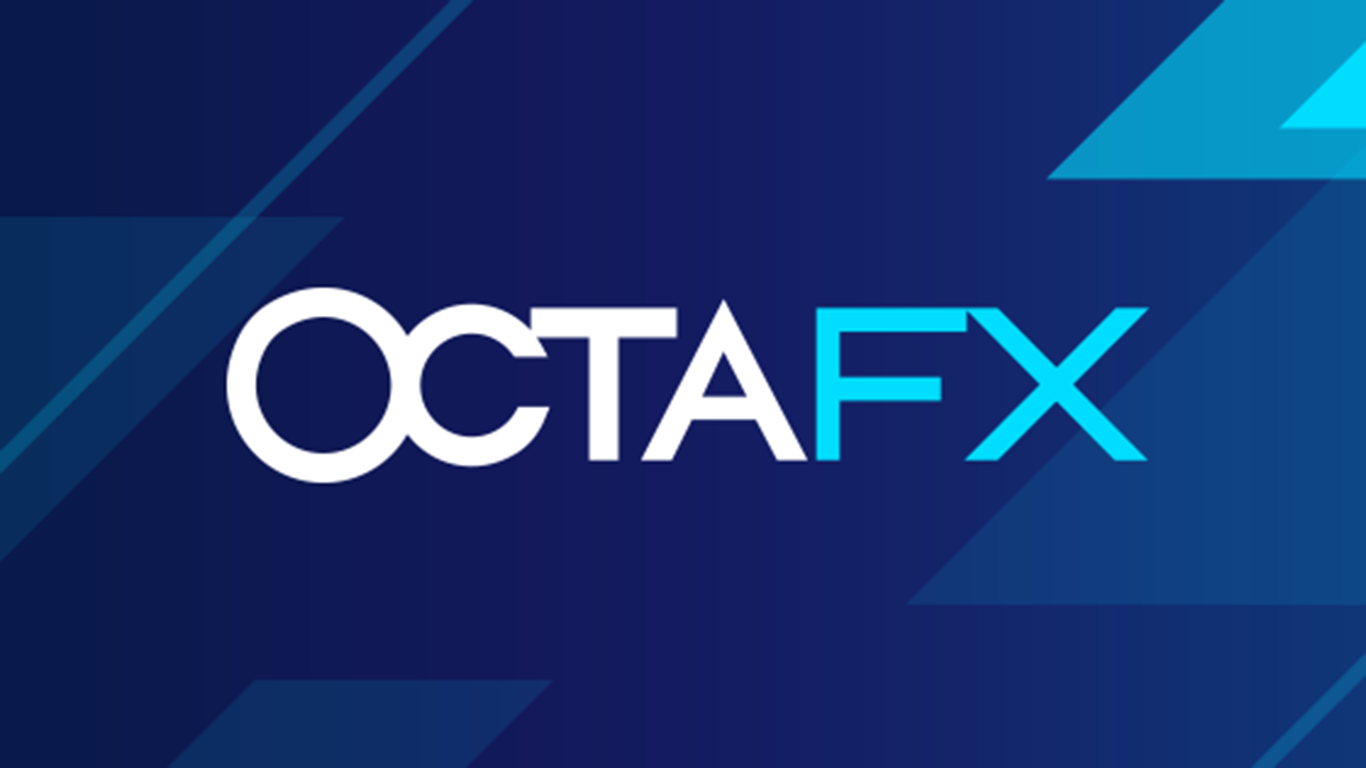
Global Banking and Finance Review proclaimed OctaFX the best Forex broker in Malaysia. This is the first time OctaFX has received an award in this category.
Global Banking and Finance Review, a publication providing the financial community with in-depth cross-market coverage, recognized OctaFX’s efforts in the foreign exchange industry with the ‘Best Forex Broker Malaysia 2022’ award.
Being rated the best Forex broker in Malaysia proves OctaFX’s dedication to enhancing the trading experience of Malaysian clients.
"OctaFX is committed to helping customers achieve their investment goals. Our awards team was impressed with the customer-centric approach OctaFX has. They are constantly innovating to enhance their products and services in order to deliver best in class trading conditions and optimal customer experience. Their unique value proposition, continued investment in technology, and dedication to clients made them stand out as clear winners this year," said Wanda Rich, the editor of Global Banking and Finance Review. "We look forward to seeing further growth and industry-leading solutions from OctaFX in the years to come."
Global Banking and Finance Awards were established in 2011 to honour financial and banking companies worldwide that have reached an outstanding level of expertise in the industry. The magazine has since been giving awards to the most innovative and progressive companies transforming the global finance community.
Apart from giving OctaFX the same award last year, the magazine has acknowledged the accomplishments of the broker before—with the ‘Best Forex Broker Asia’ award in 2021 and ‘Best Partnership Program in South East Asia’ in 2020. This year, the broker has also received the ‘Best Forex Broker Nigeria 2022’ award for helping clients from this country achieve their financial goals.
Related News
- 02:00 am
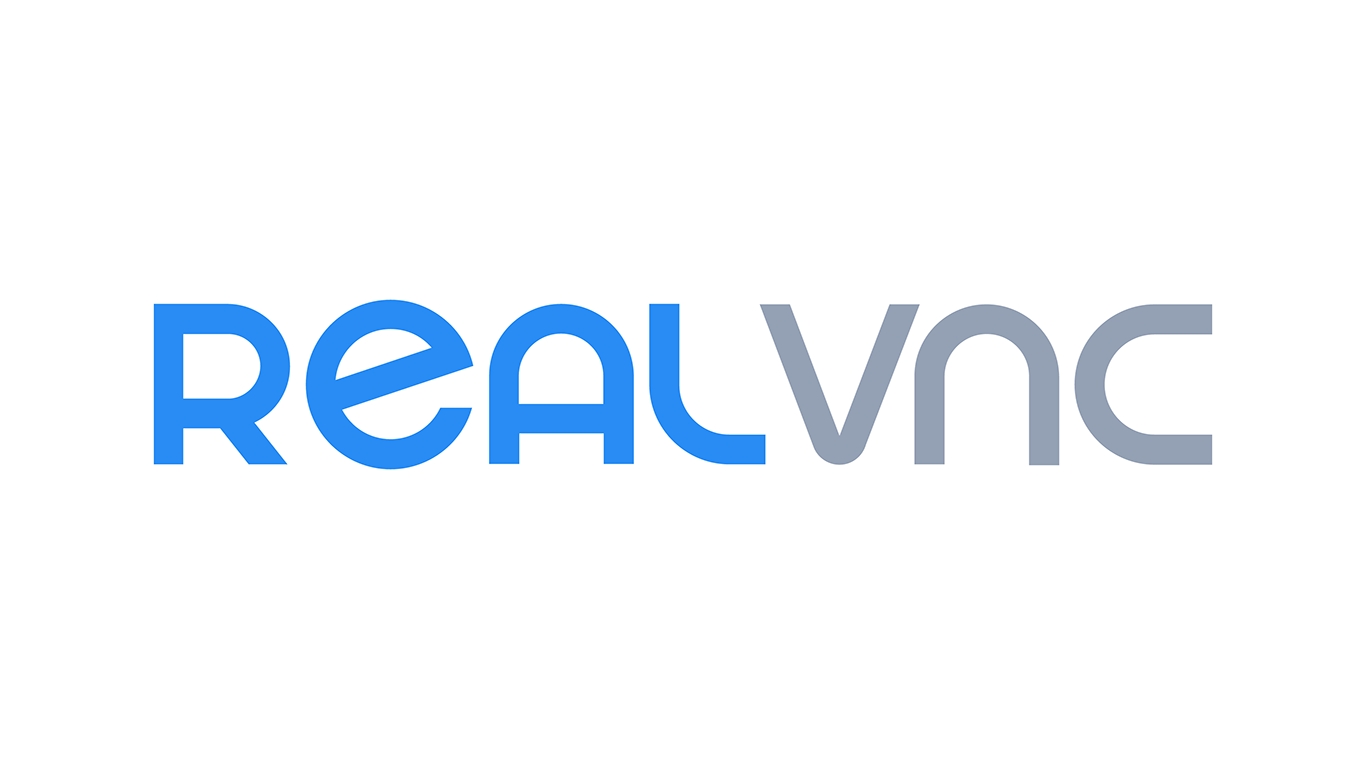
RealVNC, a secure remote access software solution used by hundreds of millions of people worldwide, has been chosen to experiment with potentially game-changing prototype cybersecurity technology through Digital Catapult’s “Digital Security by Design Technology Access Programme” in an effort to help build a safer digital future.
The technology was co-developed by University of Cambridge researchers (with colleagues at SRI International) in collaboration with Arm. The Cambridge-SRI research team has redesigned the architecture of a computer’s central processing unit – its brain – to make it less vulnerable to security breaches. This new architecture is called CHERI.
CHERI is being tested by RealVNC and nine other companies in the programme and has the potential to stop around two-thirds of hacks, cyber-attacks and data breaches if implemented.
“We know how important security is to the future success of the technology. That’s why we’re thrilled to help Digital Catapult ensure next-generation technologies are safe from security threats,” said RealVNC CEO Adam Greenwood-Byrne.
For six months RealVNC will have access to the CHERI-enabled Morello prototype board — a system on chip and demonstrator board that contains the prototype architecture CHERI — technical guides and support. RealVNC will test and evaluate these technologies within its own business and provide its findings back to the programme, which could influence the design of future and more secure computer systems.
The Technology Access Programme is part of Digital Security by Design: an initiative supported by the UK government to transform digital technology and create a more resilient, and secure foundation for a safer future. Digital Security by Design is supported by a consortium of world-leading technology industry partners, academics and research institutions, including Arm, University of Cambridge, Google, Thales, University of Edinburgh, Hewlett Packard, University of Oxford, Innovate the UK, Microsoft, University of Manchester, Linaro, Kings College London and the National Cyber Security Centre (NCSC).
RealVNC and the other participating companies will have access to the technologies as well as up to £15,000 in funding to support their experimentation period.
Participating companies – based right across the UK, from Oldbury to Belfast – include RealVNC, Ampliphae, Chevin Technology, DataCore Software, Inventia, Ioetec, Praeferre, Riskoa, SensorIT, and Trèsbian.
Related News
- 05:00 am
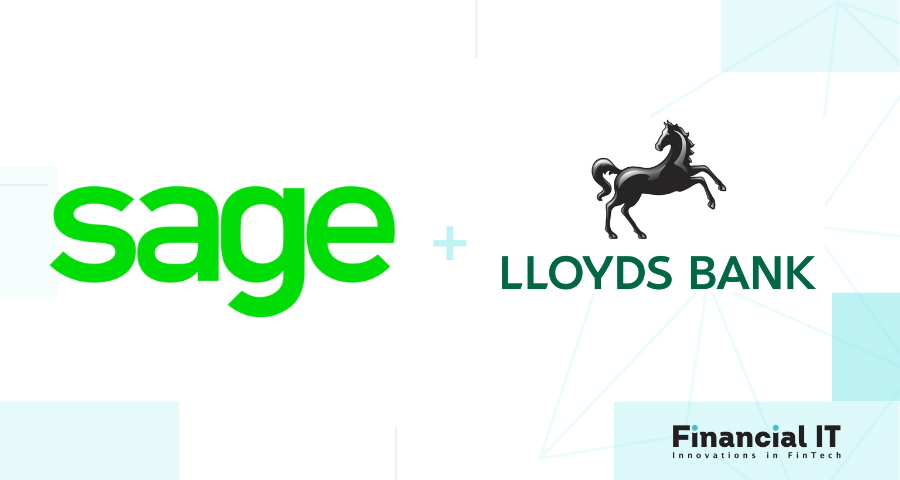
Sage, the leader in accounting, financial, HR and payroll technology for small and mid-sized businesses (SMBs) today kicked off Sage Partner Summit 2022 announcing three new strategic partnerships.
During his keynote speech to Sage Partners, channel head Aziz Benmalek, announced partnerships with technology and banking leaders Lloyds Bank plc, Satago, and Automatic Data Processing, Inc. (ADP), a provider of HR and Payroll software and services.
These new partnerships demonstrate both the scale of Sage’s ecosystem, and of the investment in developing new and innovative direct and indirect routes to market.
“What the past two years have taught us is that there is no turning back on digitalisation. As part of our digital network, we are uniquely placed to support customers with best-in-class solutions, making it simpler for them to do business,” says Aziz Benmalek, President, Sage North America, and EVP, Global Partner Organisation.
“The partnerships we have announced today with Lloyds Bank plc, Satago, and specifically ADP offer our resellers the opportunity to put enterprise-grade solutions into the hands of SMB customers.”
Partnerships explained:
Partnering with Lloyds Bank plc and Satago for simplified access to finance
Soon to be launched, this three-way partnership between Sage, Lloyds Bank plc and Satago will offer fast and flexible access to cash from unpaid invoices, helping small businesses better manage cash flow. Powered by Satago, Sage customers will be able to access instant financing from Lloyds Bank, based on the value of unpaid invoices – regardless of payment terms.
Collaboration with ADP to boost productivity and performance
Following the announcement in November of their collaboration with ADP, Sage today shared the availability of Sage Intacct Payroll, and Sage People Payroll both powered by ADP. The solutions streamline the flow of information between Sage products and ADP’s WorkForce Now (WFN) technology, synchronizing employee data and payroll entries, and improving the quality of reporting, with fewer errors.
Related News
- 04:00 am
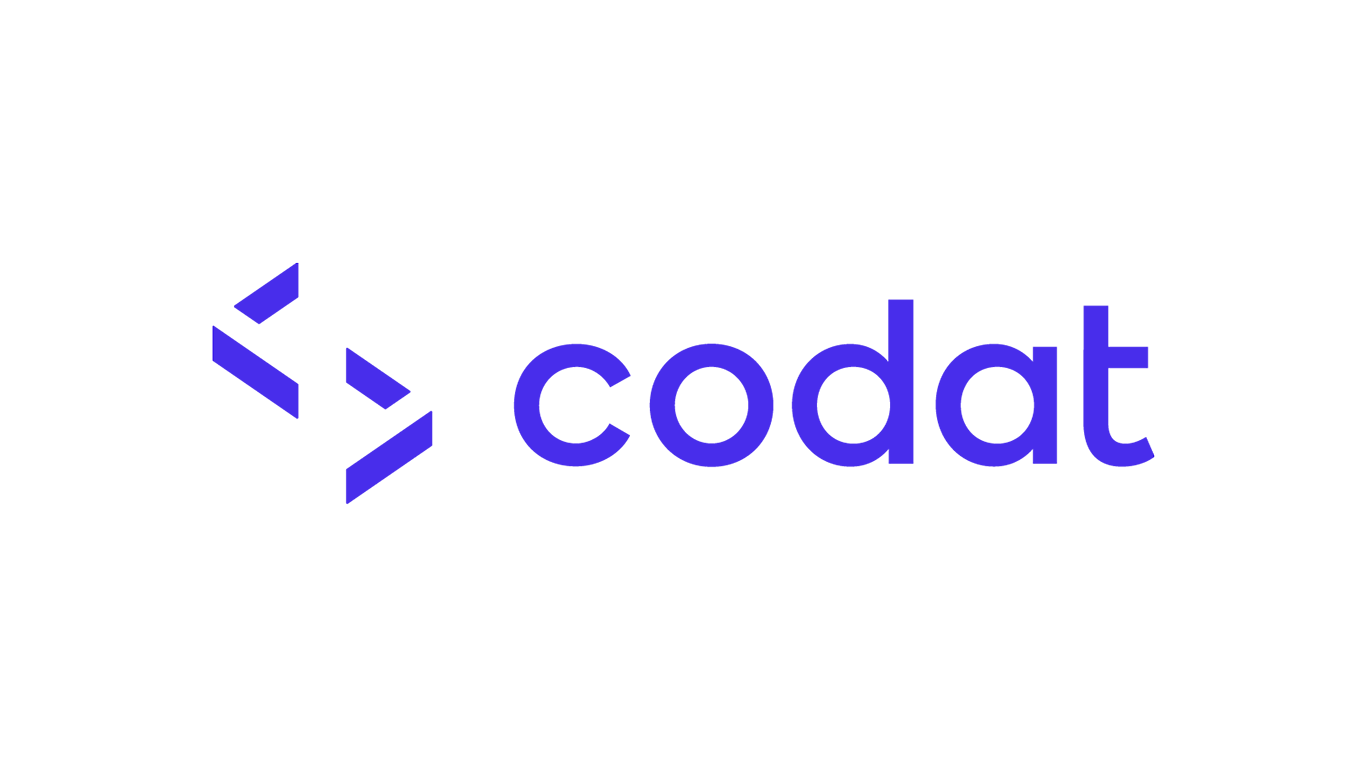
Today Codat, the universal API for small business data, announced that it has raised $100 million in a Series C investment round led by JP Morgan Growth Equity Partners. Canapi Ventures and Shopify also participated in the round and Plaid has been publicly named as an investor for the first time. Existing investors Index Ventures and PayPal Ventures also participated in the round. As part of the financing, Patrick McGoldrick, Partner at J.P. Morgan Growth Equity Partners will join Codat’s board.
Codat’s API is used by SaaS, lending and payments companies to build integrated products for their SMB customers. Whether that’s a neobank building a cashflow forecast in their app, or a payment provider enabling merchants to sync transactions with their accounting software, there is a use case for Codat in almost every fintech serving SMBs. The investment comes less than a year after Codat announced a Series B investment round last July led by Tiger Global, alongside American Express and PayPal Ventures. Codat reports that it now has over 200 clients, including many of the world’s largest banks as well as rapidly growing fintech such as Brex, Jeeves, Pipe and Clover, and a team of 250 people across the UK, North America and Australia.
Codat will use the funds to build out its critical infrastructure to be the default means of sharing data for the small business economy. In the same way that the internet has changed almost every aspect of how we live and work, Codat’s technology will underpin the flow of small business data, giving way to tools, capabilities and opportunities not yet seen or imagined. The economic impact of this infrastructure is already proven. The SMBs sharing and syncing data to other systems via Codat’s technology have grown on average 2.7 times faster than GDP in 2021.
“Today, we’re in the age of ‘dial-up’ when it comes to business data,” commented Pete Lord, Codat’s CEO. “Despite radical advancements in other areas of technology, in 2022 the majority of small business systems still don’t speak to each other, creating hours of painful admin and serious barriers to growth. No one will be speaking about SMB financial software integrations in 5-10 years - automated data flows over the Codat platform will be a presumed standard. The only time you’ll notice integrations is when they are not there. With the impressive calibre and strong sector expertise that J.P. Morgan and Patrick bring to our board, alongside our other advisors, we couldn’t be in a better position to capitalize on the massive opportunity in front of us.”
The Series C funding round is made up mainly of strategic investors, demonstrating the collective industry buy-in to the increasing importance of connectivity in the future of finance and the growing role of Codat as the default means to integrate with small business systems. JP Morgan, Plaid and Shopify are all already partners, clients or collaborating with Codat.
Patrick McGoldrick, Partner at J.P. Morgan Growth Equity Partners said, “We believe Codat has the potential to fundamentally change the way data is shared across the small business economy. JPMorgan Chase has an extensive small business customer base so we understand the power of connecting and standardizing data – whether it is used for onboarding new customers or offering insights on business performance. This unique global perspective and Codat’s impressive management team deepened our conviction.”
Jeff Kennedy, Corporate Development at Shopify, commented: "At Shopify, we're always looking to support companies that are aligned with our mission to make commerce better for everyone. We're thrilled to participate in Codat's Series C because we know how important it is for our merchants to have all of their systems in sync. Unlocking this connectivity is the key to helping them scale more efficiently."
Financial technology company Plaid is a leader in open finance and invested in Codat in a prior round. The companies also have a business partnership whereby Plaid’s product is integrated into Codat’s API, enabling clients to access banking, accounting and commerce data via a single integration. They count Rho Business Banking and Atom Bank among their joint customers.
“Creating an open data ecosystem for small businesses has lagged behind the progress we’ve seen in the consumer sphere, despite SMBs accounting for more than half of the world’s GDP,” commented Plaid’s head of business and corporate development, Jason Pate. “Digitizing financial services has proven to save people time, money and financial stress and should unlock even more benefits for small businesses. Pate added, “Codat is a leader in this space and we are looking forward to building on several years of successful partnership and supporting them in their next stage of growth.”
Related News
- 06:00 am

Supporting Italian SMEs in their international business projects of growth, development and competitiveness, taking advantage of the great opportunities offered by digital export: this is the purpose of the agreement signed by Banca Sella and Business Vision, a company specializing in digital commerce development and an Alibaba's Global Service Partner that will allow Italian SMEs to land on the B2B marketplace and thus expand their presence in foreign markets.
According to the latest data from the Digital Export Observatory of the School of Management of the Politecnico di Milano, B2B digital exports in 2021 reached a value of € 146 billion, up 15% compared to 2020, weighing over 28% of the total export of products, with automotive, textiles, clothing and mechanics among the most digitalized supply chains.
Thanks to the agreement, Banca Sella's Trace platform fostering the global business expansion of companies, will make a series of new Business Vision's digital tools available to speed up the growth path of SMEs abroad and manage all the activities to enhance their products on Alibaba.com, which today has a network of 150 million registered users and over 26 million buyers in more than 190 countries.
Small and medium-sized companies will therefore have different options depending on their needs and skills already in place: from studying the company's peculiar characteristics to the profile activation on Alibaba.com; from the creation of a mini-site to the loading and presentation of products, from marketing campaign management activities to commercial support during negotiation, and customer care activities.
"The agreement with Business Vision represents a tangible response to SMEs' growth needs in digitization and export: two essential levers to support companies and the entire national economic fabric – said Andrea Massitti, Head of Corporate and Small business at Banca Sella. - Our innovative Trace platform provides a single access point to the tools, products and services needed to support companies' positioning in the international markets, thus increasing their competitiveness".
"Since becoming a Global Partner of Alibaba.com, we have helped about 350 companies in their path to digital export. The ease with which a company today can connect with the whole world opens up the real need to understand and use all the tools to protect transactions. The agreement with Banca Sella goes precisely in this direction, supporting SMEs that want to enter foreign markets by giving them all the levers of knowledge and control", commented Manuela Blanco, Co-Founder & COO of Business Vision.
Related News
- 03:00 am
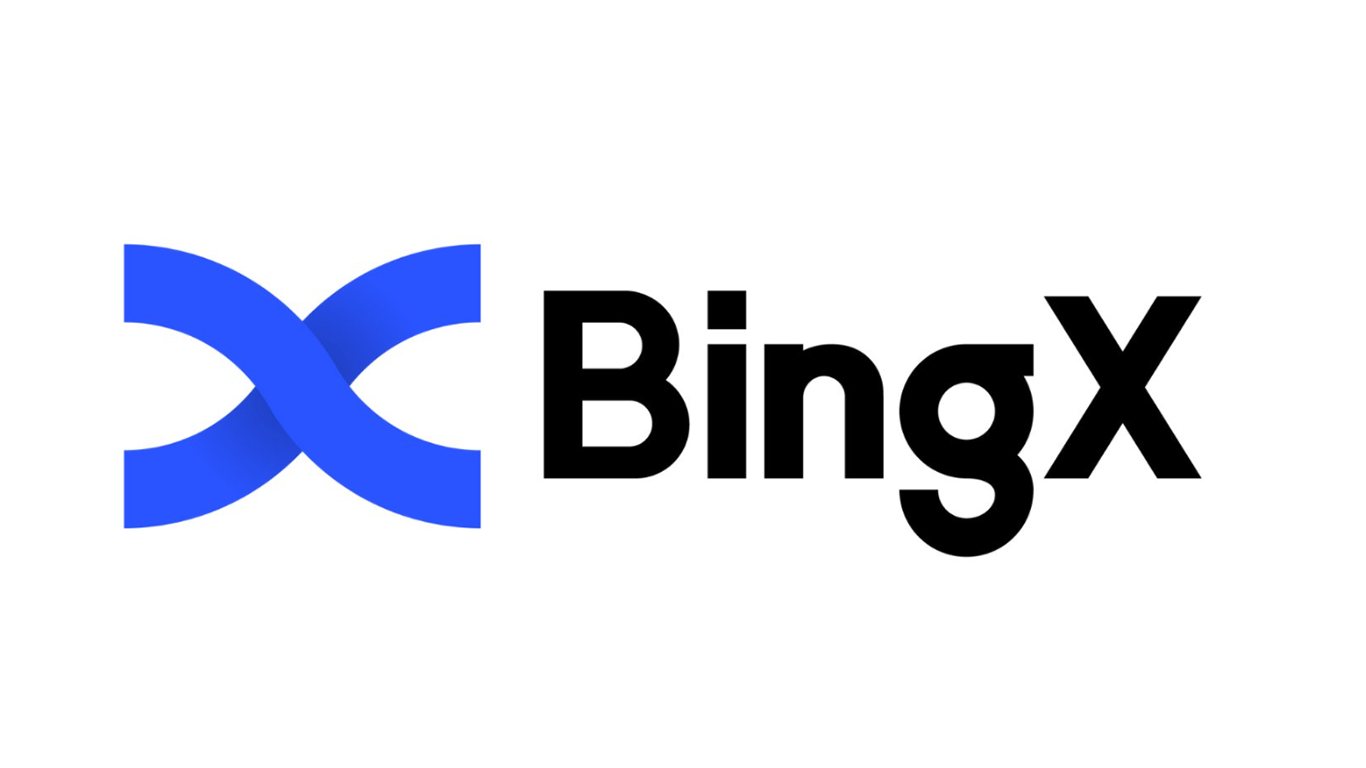
Crypto social trading exchange BingX is delighted to release its latest version 3.3 update, optimising its copy-trading service to further empower its traders.
With the new upgraded features such as added data charts, risk ratings, and popular and conservative trader lists, crypto trading is definitely made easy.
Notably, one of the most important features of this version is the comprehensive trader data, boasting one of the most complete data displays on any exchange. This new update will incorporate more comprehensive statistics that will deepen traders’ analysis of their trading and strategies.
New users can also use these added data points to assess whether a trader meets their own investment needs from multiple perspectives. These include the trader's fund, profitability, risk rating, trading variety preference, trading frequency, and win ratio.
Other notables encompass the popular trader list, which features the trader with the highest following. New traders can refer to this list, which presents the choices of the most popular traders. In turn, this can help them identify high-quality traders after evaluation.
That’s not all. Another new list, called the conservative trader list, is added. This contains those who have a large initial net value in their share trading account or stick with a conservative strategy and are not prioritised in the popular trader list. Furthermore, novice traders who are new to crypto trading might want to take a low to medium risk, therefore, this new list will boost exposure for such traders in a more intuitive way.
A new risk rating display is also now pegged to each trader. Aside from helping new users to identify a trader's risk level more intuitively and deciding whether to follow based on their own risk appetite, traders can sharpen their strategies to avoid aggressive trading activities and volatility that would affect their rankings.
“We can’t stress enough how important it is for our users to have access to a reliable platform that constantly provides incentives and ways for users to get the most out of trading. BingX is always seeking new and improved ways to create a user-centric experience for its users. Going forward, users can expect frequent upgrades in all facets of their trading experience on BingX. ” - Communications & PR Director at BingX, Elvisco Carrington
BingX continues to innovate and will launch more features and products that will both benefit and elevate the trading experience of our cryptocurrency traders.
Related News
- 01:00 am
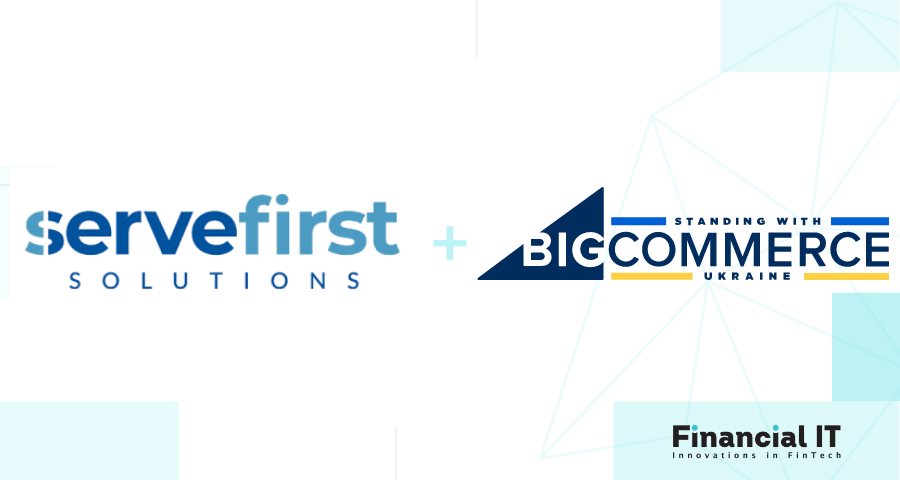
Serve First Solutions today announced it has been named a BigCommerce Preferred Technology Partner, providing approximately 60,000 BigCommerce merchants access to Serve First's B2B Payment Gateway, Serve First Secure. Beginning today, BigCommerce customers can integrate Serve First's B2B Payment Gateway through the BigCommerce App Marketplace.
"My team and I are excited and grateful to be selected as one of BigCommerce's providers of B2B Payments. Having worked with BigCommerce for the last several years, we have had time to learn about each other's unique commitment to customer service," said Matthew Greco, EVP of Sales at Serve First Solutions, Inc. "We are eager to partner with BigCommerce to provide their merchants with the ability to process Level 2 & 3 payments through our B2B gateway."
BigCommerce has released the gateway integration with Serve First Solutions through their payments SDK. Serve First's value proposition is its ability to leverage L2/L3 data for merchants using their gateway and processing, without any additional setup needed from BigCommerce. SFS primarily serves B2B merchants with high ticket value items.
What is L2/L3 data?
Transactions that contain Level 2 and 3 data are a wealth of information for card issuers. With this data unlocked, merchants are able to receive lower interchange rates for their processing, saving merchants significant amounts over the long term on their card processing fees.
Serve First is a supported payment gateway that will allow BigCommerce merchants to benefit from the discounted rates and fees of Level 2 and Level 3 transactions.
"Our partnership with Serve First further illustrates our commitment to providing merchants access to the highest-calibre technologies and service providers available in the industry," said Russell Klein, chief commercial officer for BigCommerce. "Serve First shares our desire to help merchants sell more and grow faster to maximize success, and we look forward to working together to mutually support customers."
Related News
- 08:00 am
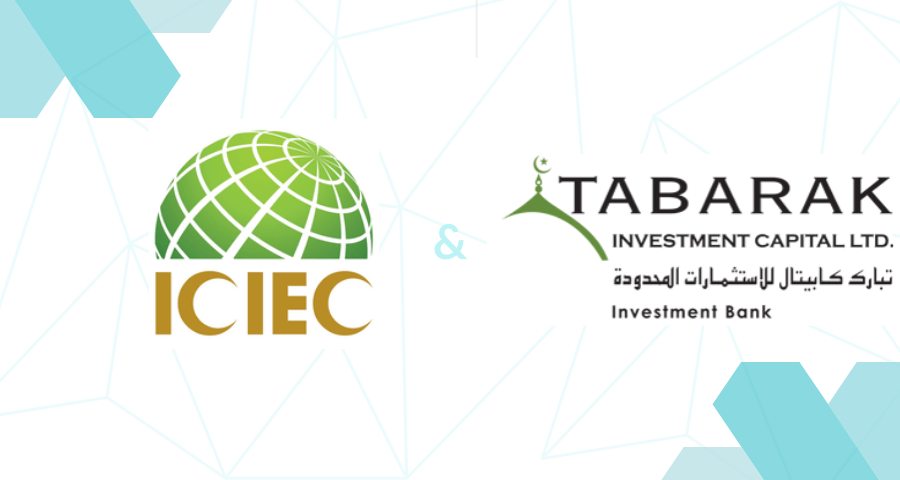
The Islamic Corporation for the Insurance of Investment and Export Credit (ICIEC) and UAE-headquartered Tabarak Investment Capital has signed an insurance policy that will provide greater insurance cover for the export and import of Shariah-compliant goods and services.
The documentary credit insurance policy will apply to the confirmation of Irrevocable Letters of Credit (ILC) by Tabarak Investment Capital in the ICIEC Member States. The policy will cover the commercial and political risks of the issuing banks, thereby enhancing the capacity of Tabarak to expand its trade finance support in the United Arab Emirates.
The approved limit for the policy is $100 million over a 12-month tenure.
The insurance policy was signed by Mr Oussama Kaissi, Chief Executive Officer of ICIEC, who praised the partnership’s goal of “fuelling trade finance by giving confidence to banks that commercial and political risks will be covered”.
Related News
- 01:00 am
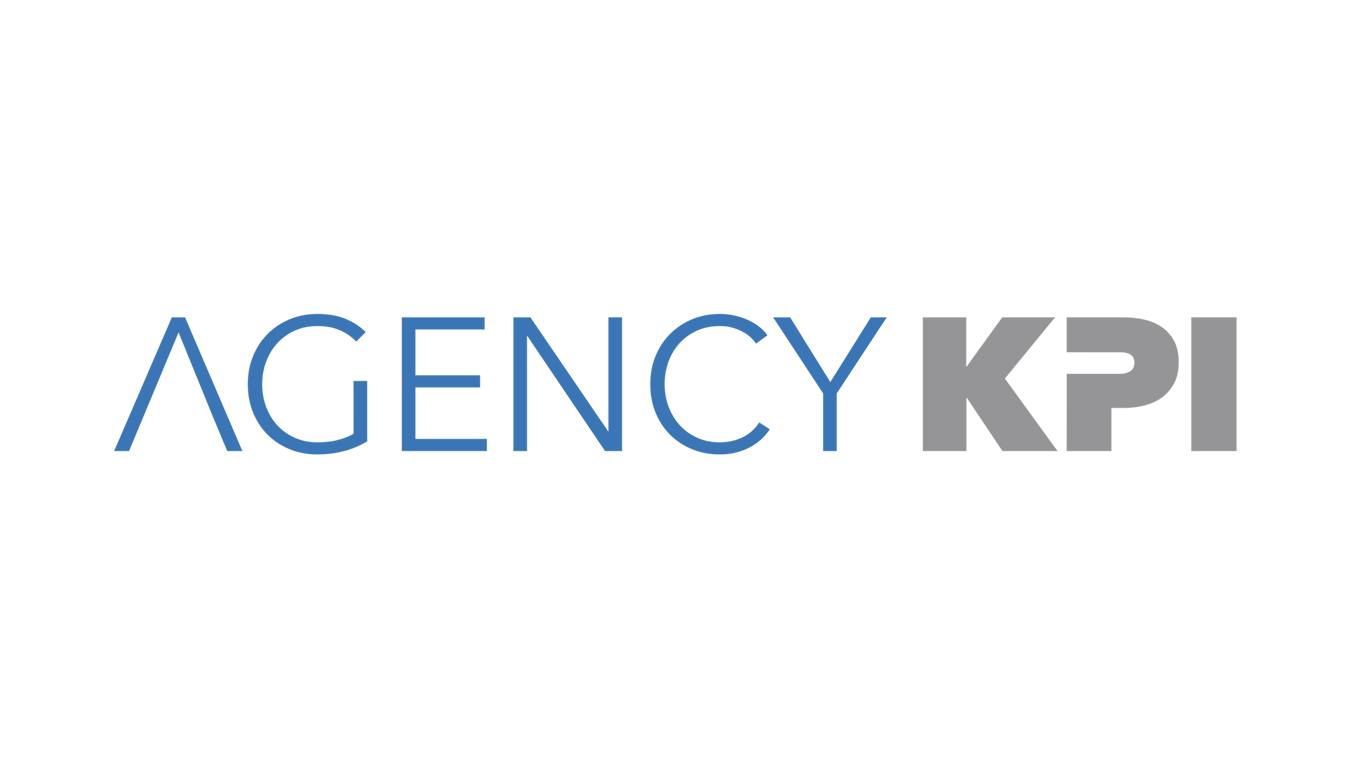
Live Oak Ventures, the investment arm of Live Oak Bancshares, Inc., has announced an investment in AgencyKPI, the developer of the first business intelligence platform designed to address and manage data in the insurance industry.
Live Oak participated in the Series B round of financing which will support the software company’s growth and add resources to continue building cloud-based software that strengthens the ability of independent insurance agencies to assess data to remain nimble and profitable.
“As a bank that lends to independent insurance agencies across the country, we see the extraordinary value AgencyKPI is providing,” said Stephanie Mann, Live Oak’s EVP of Corporate Development and Strategy. “Their business intelligence platform is driving transparency, efficiency and overall better performance for our customers. Live Oak is excited to invest in companies such as AgencyKPI that leverage next-generation technology to support business growth.”
The insurance industry operates on fragmented legacy systems, and AgencyKPI set out to help solve the problem with an intelligent platform that seamlessly connects the data used across networks, brokers, agencies, carriers, and wholesalers so independent insurance agents can gain operational efficiencies.
“We are thrilled to have a strong innovator like Live Oak Ventures participating in our Series B. Live Oak understands the insurance industry and clearly agrees with us that insurance carriers, networks and independent agencies will all benefit from a deeper understanding of their data. They believe in our vision and support our direction and we can’t be more thrilled to have them among our investors,” said Bobby Billman, co-founder of AgencyKPI.
Related News
- 08:00 am
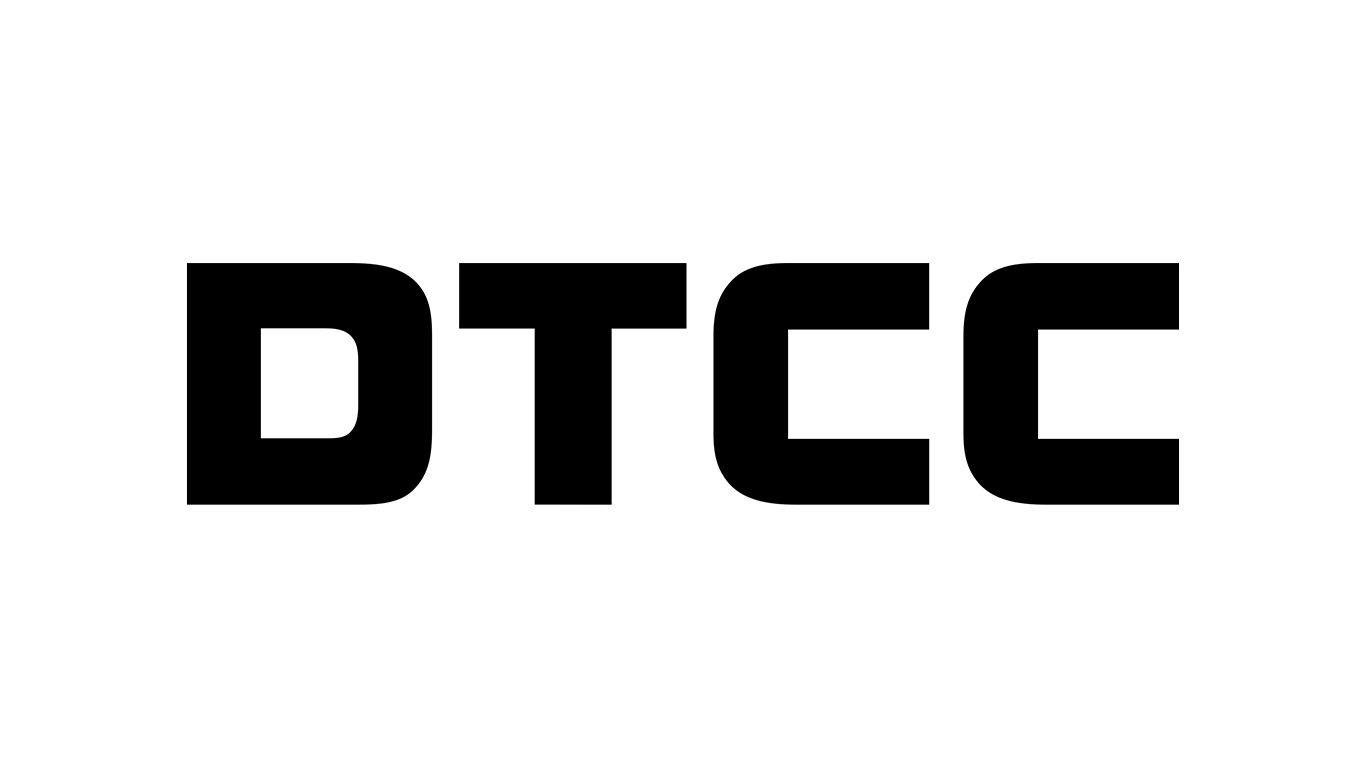
The Depository Trust & Clearing Corporation (DTCC), the premier post-trade market infrastructure for the global financial services industry, today outlined enhanced resilience measures that financial firms should consider adopting to ensure the continued safety of the financial markets amid an increasingly complex technology landscape.
As DTCC outlines in a new white paper, “The Power of Technology Resilience: A Framework for the Industry,” the twin dynamics of firms moving their infrastructures to virtual environments including the cloud, and adopting new and innovative technologies at a rapid pace, can introduce new types of risk. This evolution has reinforced the need for firms to ensure that resilience practices are embedded into technology development initiatives, including the delivery of their applications and the continued modernization of infrastructure.
“There is no one-and-done approach to resilience,” said Lynn Bishop, Managing Director and Chief Information Officer (CIO) at DTCC. “We believe we’ve laid the foundation for a solid and robust framework for ensuring technology resilience, but we intend to continue working with our clients and stakeholders to refine our approach and continue evolving.”
Given DTCC’s role as critical infrastructure for the global markets, the firm follows strict recovery and resumption methods across services to enhance its resilience. As part of this, DTCC developed a resilience framework to prepare for a vast array of scenarios, including cyberattacks, natural disasters, and pandemics. The new white paper, which builds upon measures first outlined in the firm’s 2019 report, Resilience First, details four resilience principles that should be considered during the development of all software, services, and components, including:
- Plan – Firms should define the criteria to help support the delivery of resilient solutions in a repeatable and standardized manner.
- Build – Firms should employ common architectural patterns that can be leveraged by all teams to help deliver repeatable, resilient solutions. Firms should also conduct Failure Mode Analysis (FMA) to investigate the technical design of an application, and to identify any failure points in the system.
- Test – DTCC recommends a robust testing framework that leverages automation to confirm applications are consistently tested against resilience principles. Firms should leverage Chaos Engineering to experiment on a system’s ability to withstand turbulent conditions, including hardware failure or an unexpected surge in volume.
- Operate – Firms should consider enhancing their operational processes, which might include adopting dynamic alerting and monitoring practices that empower their engineers to rapidly respond to environmental failures by shifting workloads to an alternate data centre. Additionally, firms should reimagine traditional, monolithic resilience exercises and adopt a model that enables a more continuous state of readiness for disaster events.
As described in the paper, firms should also design their applications to both detect and recover from possible failures, using automation where possible. Applications should be designed to operate independently of each other, to help isolate and contain any potential failures.
“When it comes to any firm’s resilience journey, it’s important to remember that you don’t have to go it alone,” said Neelesh Prabhu, Managing Director of Architecture & Enterprise Services in Information Technology at DTCC. “Industry collaboration is a key enabler of continued progress in this area. In support of this, we remain committed to sharing our experiences and best practices to help firms collectively safeguard the entire financial services industry.”









